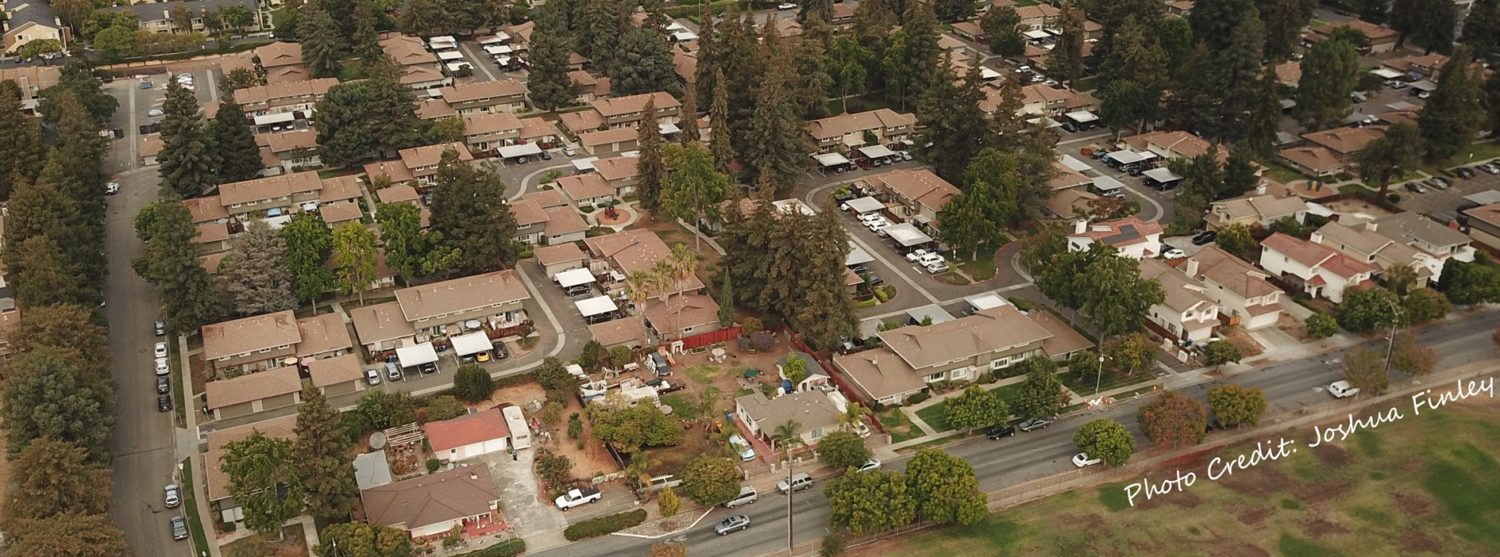Abbreviations: For a list of common Abbreviations used with an HOA visit Davis-Stirling.com
Board of Directors: A board of directors is a requirement for a homeowners association to function properly. These elected volunteer officials are responsible for all operations of the association and ensuring the community governing documents are followed and enforced. The Board bears the responsibility to operate, repair, replace, and maintain the development’s common areas, such as parks and clubhouses, owned in common by all the development’s home owners. The Board is usually made up of a small number of HOA members, elected by a vote of the other HOA members. This is a volunteer position. Board members are not compensated for their time or work contributed to running the HOA.
Bylaws: Govern how the HOA operates and contain the information needed to run the HOA as a business. They cover matters including how often the HOA holds meetings, how the meetings are conducted, the duties of the various board of directors, how many people are on the board, and membership voting rights.
Covenants, Conditions, and Restrictions (CC&Rs): Describe the rights and obligations of the membership as they relate to other members and the association as a whole, and of the association to its members. CC&Rs generally cover: (i) restrictions on the use of property, (ii) member and association maintenance duties, (iii) enforcement powers, (iv) lender protection provisions, (v) assessments obligations and lien/collection rights, (vi) duty to insure, and (vii) dispute resolution and attorneys’ fees provisions.
Executive Session: Executive sessions of the board of directors are provided by statute so boards can address confidential issues. Members do not have a right to attend the meetings or to review executive session minutes. Boards may go into executive session for the following matters: Legal issues, formation of contracts, disciplinary hearings, personnel issues, payment plans, and foreclosures.
Governing Documents: General reference to the entire group of legally-recognized documents that creates and controls a common interest development.
Home Owners Association (HOA): An HOA is an organization in a subdivision, planned community, or condominium complex that makes and enforces rules for the properties and its residents. Those who purchase property within an HOA’s jurisdiction automatically become members and are required to pay monthly fees known as HOA assessments.
Parking Rights: Ownership of each lot shall entitle the owners/residents of the unit, the use of not more than two (2) automobile parking spaces, which shall be as near and convenient to said lot as reasonably possible, together with the right of ingress and egress in and upon said parking areas. The association shall permanently assign two (2) vehicle paring spaces for each dwelling.
